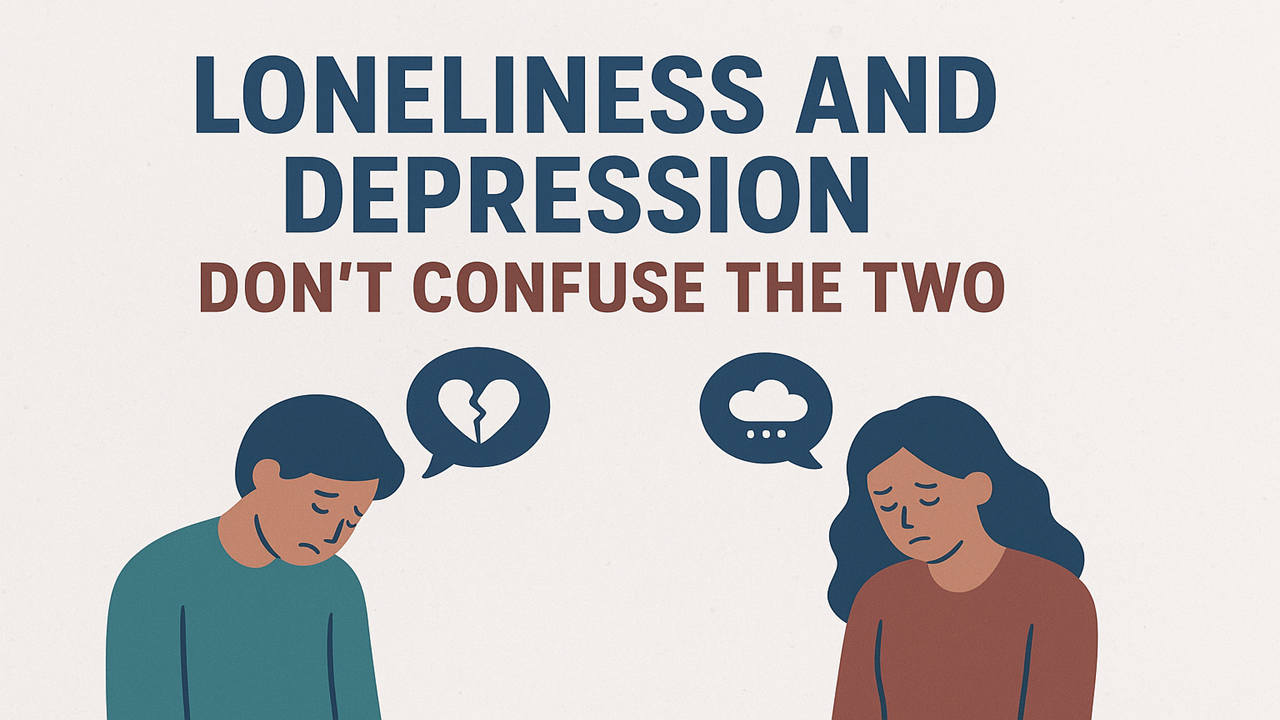
- 10 Dec 2024
- Psy. Ashish Pandey
Self Sabotage
Self-sabotage can feel like a frustrating cycle of wanting to move forward while constantly tripping yourself up. It's a behavior rooted in fear, doubt, and ingrained patterns, but the good news is that it can be identified and changed. This blog explores the causes of self-sabotage, its symptoms, and actionable strategies to overcome it.
What
Is Self-Sabotage?
Self-sabotage is when your actions
or thoughts undermine your goals and well-being. It can manifest in various
ways:
- Procrastination on important tasks.
- Giving up just before success.
- Doubting your abilities despite evidence of competence.
- Engaging in behaviors that contradict your values or
goals, like overeating when you're aiming for a healthy lifestyle.
Why
Do We Self-Sabotage?
Self-sabotage is often a response to
fear or unresolved emotional patterns. Some common reasons include:
- Fear of Failure or Success: Staying in your comfort zone feels safer than taking
risks.
- Low Self-Worth:
Deep-seated beliefs that you don’t deserve success.
- Perfectionism:
Setting unattainable standards and abandoning efforts when perfection
isn’t achievable.
- Unhealthy Coping Mechanisms: Using avoidance or negative habits to deal with
stress or emotions.
Recognizing
Self-Sabotage
The first step to overcoming
self-sabotage is awareness. Ask yourself:
- Do I avoid or delay tasks I know are important?
- Do I engage in negative self-talk when faced with
challenges?
- Are my habits aligned with my long-term goals?
- Do I resist change even when it’s beneficial?
If your answer to any of these is
yes, self-sabotage might be at play.
Strategies
to Overcome Self-Sabotage
- Identify Triggers
- Reflect on moments when you feel stuck or conflicted.
- Journal your thoughts to uncover patterns in behavior
and thinking.
- Challenge Negative Beliefs
- Replace self-critical thoughts with affirmations.
- Practice self-compassion and remind yourself that
growth is a process.
- Set Realistic Goals
- Break big tasks into manageable steps.
- Focus on progress, not perfection.
- Create Supportive Habits
- Establish routines that encourage productivity and
self-care.
- Limit distractions and create an environment conducive
to success.
- Seek Accountability
- Share your goals with a friend or mentor.
- Regular check-ins can keep you motivated and on track.
- Face Your Fears
- List your fears and assess how realistic they are.
- Gradually take steps that push you out of your comfort
zone.
- Celebrate Small Wins
- Acknowledge and reward yourself for progress.
- Positive reinforcement helps build momentum.
The Path to Self-Freedom
Breaking free from self-sabotage is
not an overnight journey. It requires self-awareness, patience, and
persistence. By making conscious choices and embracing growth, you can shift
from being your own obstacle to your greatest ally.
You are capable of achieving your
goals and deserve the success and happiness you envision. Take the first step
today—your future self will thank you.






